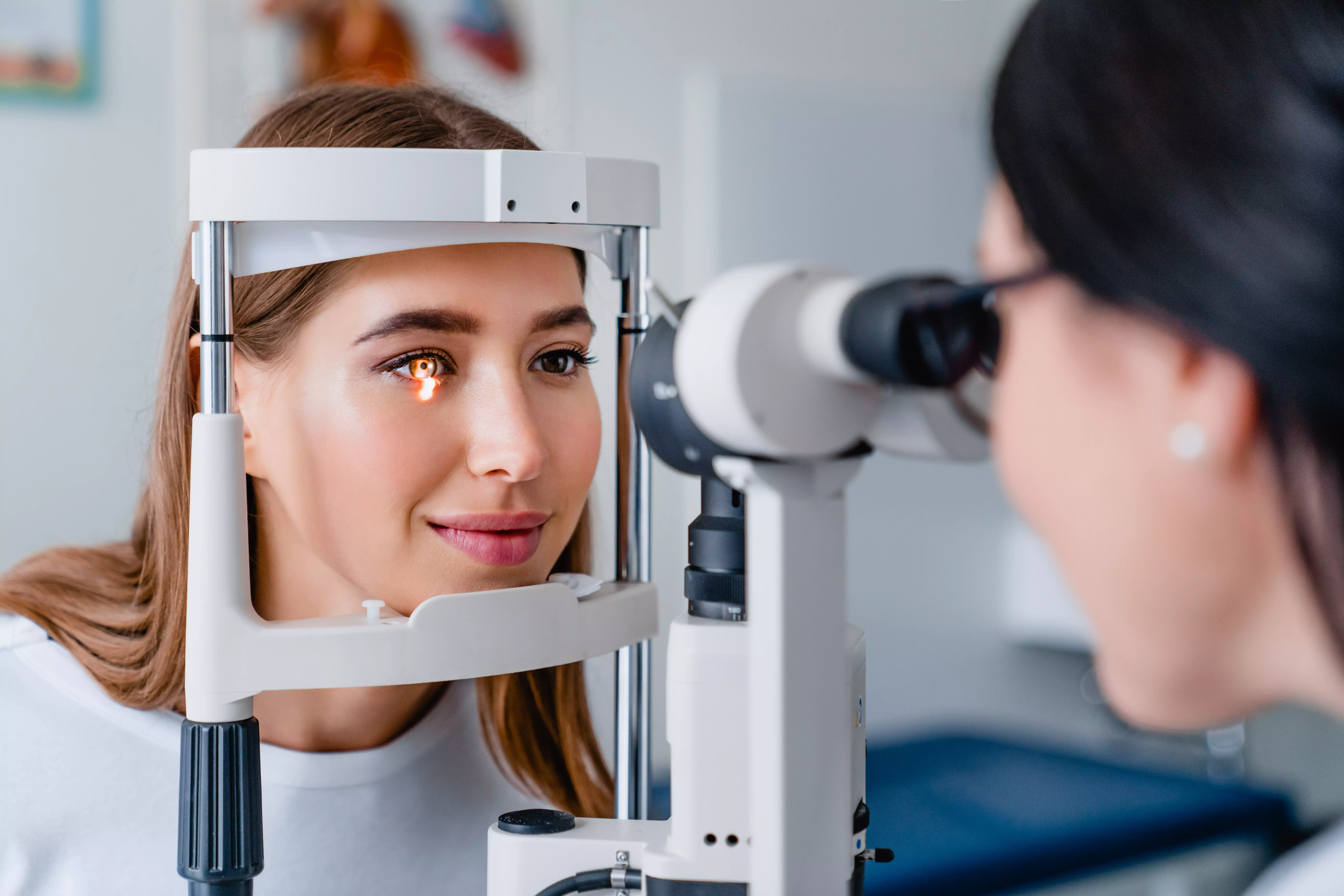Research on treatment of macular degeneration
Appearance of macular degeneration first signs
Macular degeneration (AMD) is a disease that causes loss of central vision and is one of the causes of blindness in the elderly. Although research into the treatment of AMD has been ongoing for many years, we are still searching for effective therapies.
What are the first symptoms of AMD?
One of the first signs of macular degeneration is deterioration of sharp details in the visual field. Those affected by the disease may experience difficulties when reading, recognizing faces, or driving. Linear distortion of straight lines, known as metamorphopsia distortion, also appears.
Another possible symptom of AMD is the formation of dark spots in the visual field. These can be noticed, for example, when reading or watching TV. In the advanced form of the disease, patches of stippled pattern may also appear, which can make daily activities difficult.
Diagnosing macular degeneration
A visit to an ophthalmologist is necessary to diagnose AMD. The doctor will carefully examine the fundus of the eye using a slit lamp. If the disease is suspected, he or she may also recommend imaging tests such as fluorescein angiography or OCT, which can assess the exact damage in the macula.
Early intervention key to treating AMD
Research on AMD treatment is focused on identifying methods that will allow early intervention in the course of the disease. Early detection and appropriate treatment can significantly halt the progression of the disease and improve a patient's quality of life.
One technique that has been successful in treating the early stages of AMD is treatment using laser treatment to inhibit neovascularization. This method involves eliminating unfavorable blood vessels that are present in the macula. With this treatment, it is possible to halt the progression of the disease, unblock central vision and improve the patient's quality of life.
Innovative therapies in the fight against AMD
Innovative therapies are currently being researched to effectively treat AMD. One of the areas that is attracting the most interest is gene therapy. It will make it possible to introduce healthy genes into the patient's body through viruses that carry genetic information.
Other research focuses on the use of stem cells in AMD therapy. These cells have the ability to transform into different types of cells, which opens new perspectives in the treatment and regeneration of damaged eye tissues.
The patient's role is to regularly monitor eye health
An important role of the patient is to regularly monitor eye health. Therefore, it is important to visit an ophthalmologist once in a while, who can track the progress of the disease and adjust the treatment plan if it worsens.
If macular degeneration is detected, the doctor may recommend additional tests and regular intake of dietary supplements rich in lutein and zeaxanthin. These substances play an important role in protecting and regenerating the macula.
Summary
Research on the treatment of macular degeneration is at a stage of dynamic development, and a variety of therapeutic methods increase the chances of successfully halting the progression of the disease. Early detection of AMD and medical intervention can improve a patient's quality of life and stop the loss of central vision. Regular monitoring of eye health and use of recommended dietary supplements is also essential. With these measures, there is a chance of maintaining good visual acuity in the long term.

Add comment